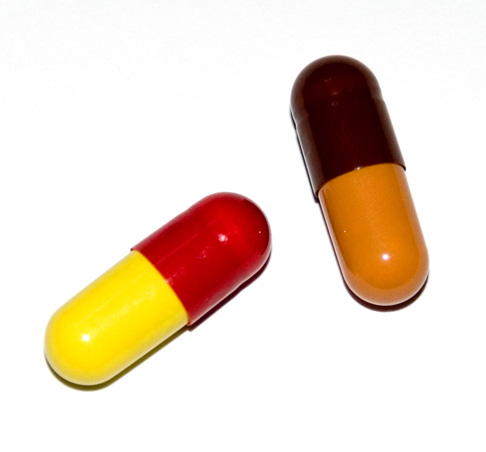
Mathieu Destribats, Véronique Schmitt and Rénal Backov of the Paul Pascal Research Center in Bordeaux have patented their design for smart capsules that release their contents at specific temperatures.
The current manner of manufacturing medicinal capsules is to place the therapeutic agent within a silica shell. This shell either has tiny pores through which the medicine can slowly escape, or the entire shell is designed to dissolve. However, neither process can be precisely controlled.
The researchers in this study have invented a novel capsule manufacturing process. Their capsules consist of the therapeutic agent mixed with oil with a specific melting temperature. When placed in water, the oil solidifies into droplets. These oil drops are then encapsulated in a silica shell. When the capsules are heated above the melting temperature of the oil, the oil expands, breaking open the silica shell and releasing the contents.
Oils can be carefully selected depending on how the agent is to be stored and/or used. Some typical melting points for oils and waxes:
- olive oil: –6 °C or 21 °F
- peanut oil: 3 °C or 37 °F
- coconut oil: 25 °C or 77 °F
- palm oil: 35 °C or 95 °F
- beeswax: 62-65 °C or 144-149 °F
- carnauba wax: 78-85 °C or 172-185 °F
Although this method would not work for time-released medicines (if the capsules released at all, this would happen instantly upon entering the body), it could prove useful for storing medicines. Alternatively, the capsules could be heated in a person’s hands before applying the contents to the skin. The authors also suggest that capsules containing bacteriocides could be placed in potential areas of contamination, such as air ducts, to release their contents when the spaces reached bacterial growth-friendly temperatures.
I do not believe such capsules may have any potential application.
ReplyDelete